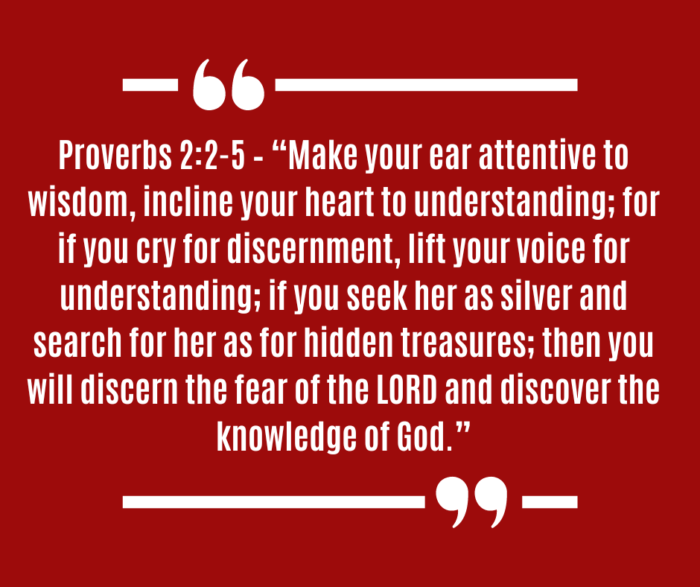
As Christian coaches, we are called to be not just good listeners, but great listeners. But what does it mean to truly listen, and how can we take our listening skills to the next level in a Holy Spirit-led coaching session? Let’s explore the difference between active listening and divine listening.
Active Listening – Active listening is a skill that involves giving our full attention to the client and seeking to understand their words, feelings, and experiences. This is important in coaching because it helps us to build rapport with our clients, gain a deeper understanding of their challenges and goals, and ultimately help them to achieve success.
Some key components of active listening include maintaining eye contact, using appropriate body language, asking open-ended questions, and paraphrasing and summarizing the client’s words to ensure understanding. Active listening is a valuable tool for Christian coaches to cultivate, but it is only part of the picture.
Divine Listening – Divine listening takes active listening to a whole new level. As Christian coaches, we are not just listening to our clients; we are also listening for the voice of God through the Holy Spirit. Divine listening involves tuning in to the guidance and direction of the Holy Spirit, and allowing God to speak through us as we coach.
While active listening focuses on the client’s words and experiences, divine listening goes beyond that to tap into the spiritual realm. It involves being open to divine insights and wisdom, and allowing the Holy Spirit to guide our coaching conversations. Divine listening is a powerful tool for Christian coaches, as it helps us to provide not just practical solutions, but also spiritual support and guidance.
Contrasting Active Listening and Divine Listening – The difference between active listening and divine listening lies in the source of our insights and guidance. Active listening involves using our own skills and intuition to understand and support our clients, while divine listening involves being open to the guidance and direction of the Holy Spirit.
Active listening is important for building rapport and understanding our clients’ needs, but divine listening takes our coaching to a deeper, more meaningful level. When we are able to listen for the voice of God through the Holy Spirit, we can provide our clients with not just practical solutions, but also spiritual support and guidance.
In a Holy Spirit-led coaching session, both active listening and divine listening are important skills to cultivate. By combining the two, we can create a powerful coaching experience that provides both practical and spiritual support for our clients.
So, how can we cultivate divine listening in our coaching practice? One way is to begin each coaching session with prayer and to invite the Holy Spirit to guide our conversation. Another way is to practice listening for the voice of God in our own lives, so that we can be better equipped to hear His voice in our coaching sessions.
As Holy Spirit-led, Christian coaches, we are called to be both active listeners and divine listeners. By cultivating both of these skills, we can create a powerful coaching experience that provides both practical and spiritual support for our clients.

PRAYER
We come before you today as Christian coaches seeking to learn how to better serve our clients through active listening and divine listening. Help us to be present in the moment and to truly listen to our clients’ needs, concerns, and desires. Give us the discernment to know when to use active listening skills and when to rely on the guidance of the Holy Spirit for divine listening.
As we strive to build deeper connections with our clients, we pray for the wisdom and understanding to recognize the differences between these two types of listening. We ask that you bless our efforts to be more empathetic, patient, and compassionate with those we serve.
May your word guide us in our coaching practice, and help us to always prioritize the needs and well-being of our clients. We pray that through active and divine listening, we may be agents of your love and grace in the world.
In Jesus’ name, we pray, Amen.
